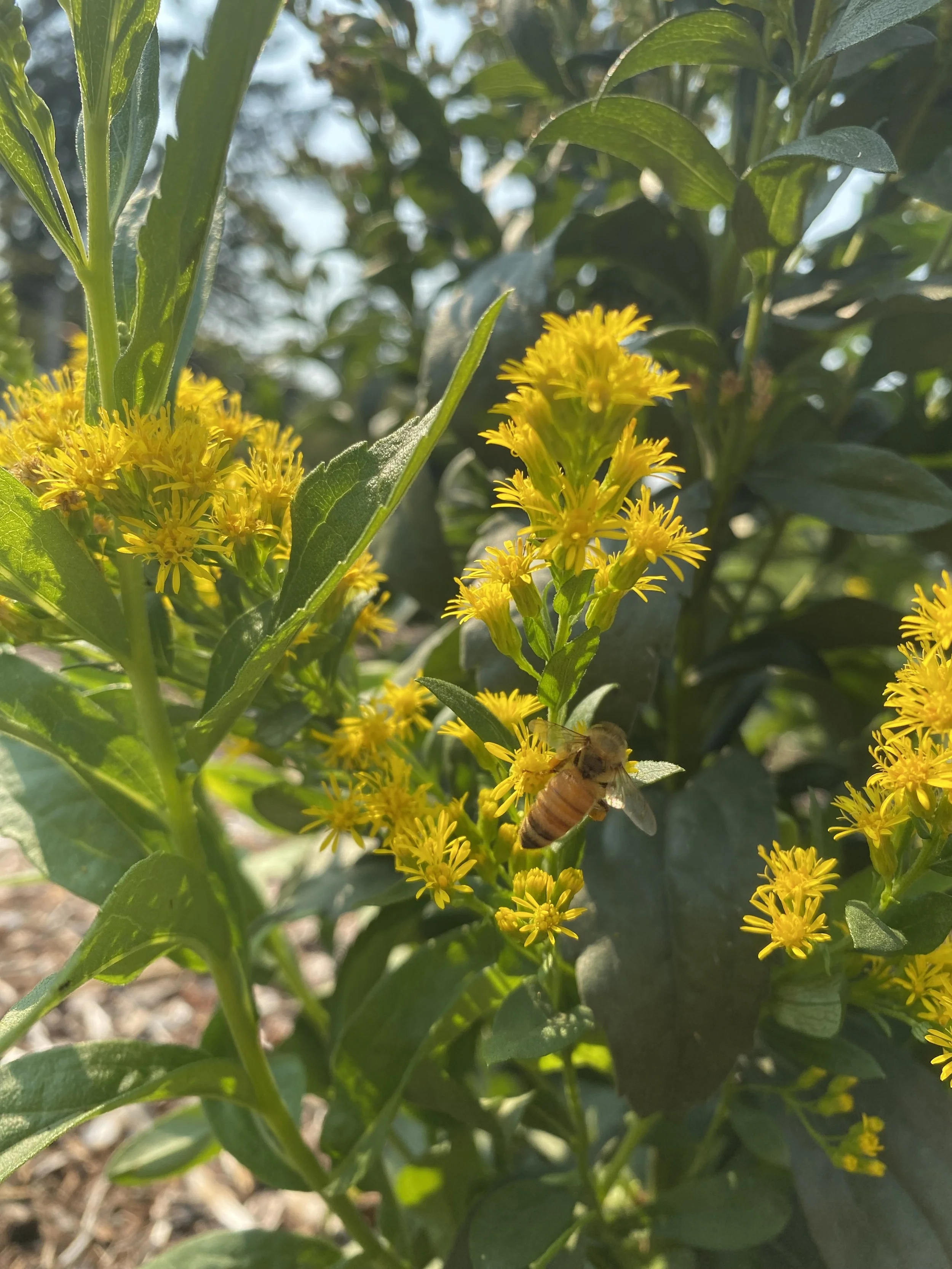Relational Trauma Counselling in Victoria
The Why
Relational trauma happens when the people or systems we rely on for care, safety, and connection become sources of harm instead. It often stems from repeated or ongoing experiences of betrayal, neglect, abuse, or emotional disconnection—especially in early relationships like caregivers, family, or intimate partners.
But, relational trauma doesn’t only occur in personal relationships; it can also be shaped by systemic violence. Colonization, racism, ableism, anti-queerness, and other forms of oppression are deeply relational in nature. They disrupt belonging, erode safety, and distort how we see ourselves and others.
Relational trauma can show up as:
Deep fear of abandonment or rejection
Difficulty trusting others or setting boundaries
People-pleasing or avoidant behaviors
Chronic shame, self-blame, or emotional numbness
Feeling hyper-independent or emotionally isolated
Internalized oppression where societal messages about identity (race, gender, ability, etc.) get absorbed and deepen self-criticism
These are not personal flaws—they are responses to having learned that connection wasn't always safe.
The How
Healing from relational trauma, especially in the context of systemic violence, doesn’t always begin with being fully seen or known. When safety has never been guaranteed, survival may have required invisibility, code-switching, vigilance, or silence. In therapy, healing means creating a space where you're consistently met with care, respect, and attunement—not where you're expected to disclose everything immediately, but where your pace is honored, your boundaries are respected, and your survival strategies are understood as intelligent adaptations, not pathologies.
This may look like:
Having your lived experience validated, not minimized
Naming power dynamics inside and outside of the therapy room
Exploring both the costs and the wisdom of the ways you’ve learned to protect yourself
Being given space to reconnect with parts of yourself that had to be hidden or hardened to survive
Choosing when and how to be vulnerable, with no pressure to perform or explain
Building trust slowly, in a relationship where your wholeness is welcomed—even the parts that were shaped by trauma
The Where
Counselling sessions are tailored to meet you where you are at in your healing journey. Sessions can take place:
Virtually. Meeting you in the comfort of your own home.
In Nature. Relational trauma can leave us feeling disconnected from ourselves, others, and a sense of safety in the world. Nature-based therapy offers a unique, grounding path toward healing these wounds. Being in nature reconnects us to life’s rhythms and cycles—reminding us that growth, renewal, and resilience are possible, even after deep hurt. The natural world provides a nonjudgmental, steady presence where we can slowly rebuild trust—in our bodies, in our emotions, and in relationships.


